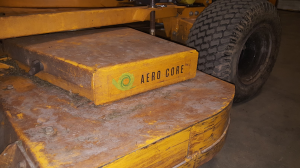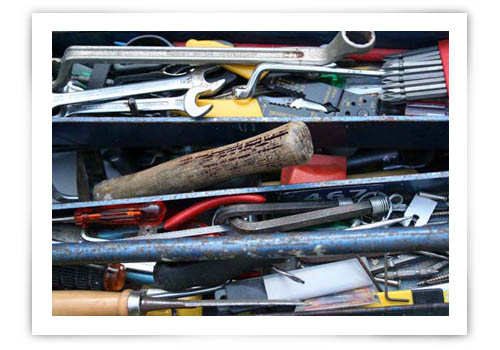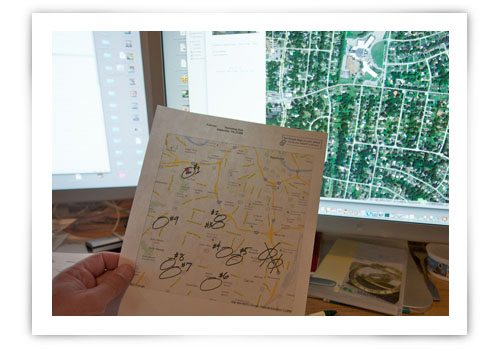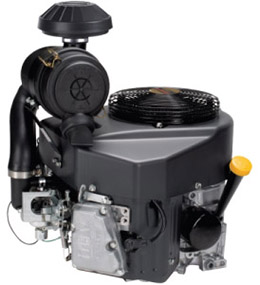How to Assess Mower Value
Finding the value of your Wright commercial mower can be difficult, but with a little research and a few pointers, you can make an informed estimate. It's important to realize that interested buyers are the ones who ultimately determine mower value. So when making an asking price, it's good to put yourself into the shoes of a prospective buyer. The condition of the mower will have a lot of impact on what it's worth.

Things buyers will look for:
Things you can do to increase mower value:
How to evaluate the condition of your mower:
With these factors in mind, you can now research what else is on the market. Where you plan to sell it is where you need to look for comps, whether you decide to post on local postings, Facebook, Craigslist, eBay, or trade-in. A private party sale might get you the best money but you may also get a lot of scammers and "tire kickers," whereas taking a dealer trade-in offer is often easy and secure. Also, keep in mind that selling used mowers is seasonal. Expect lower prices near the end of the mowing season.


